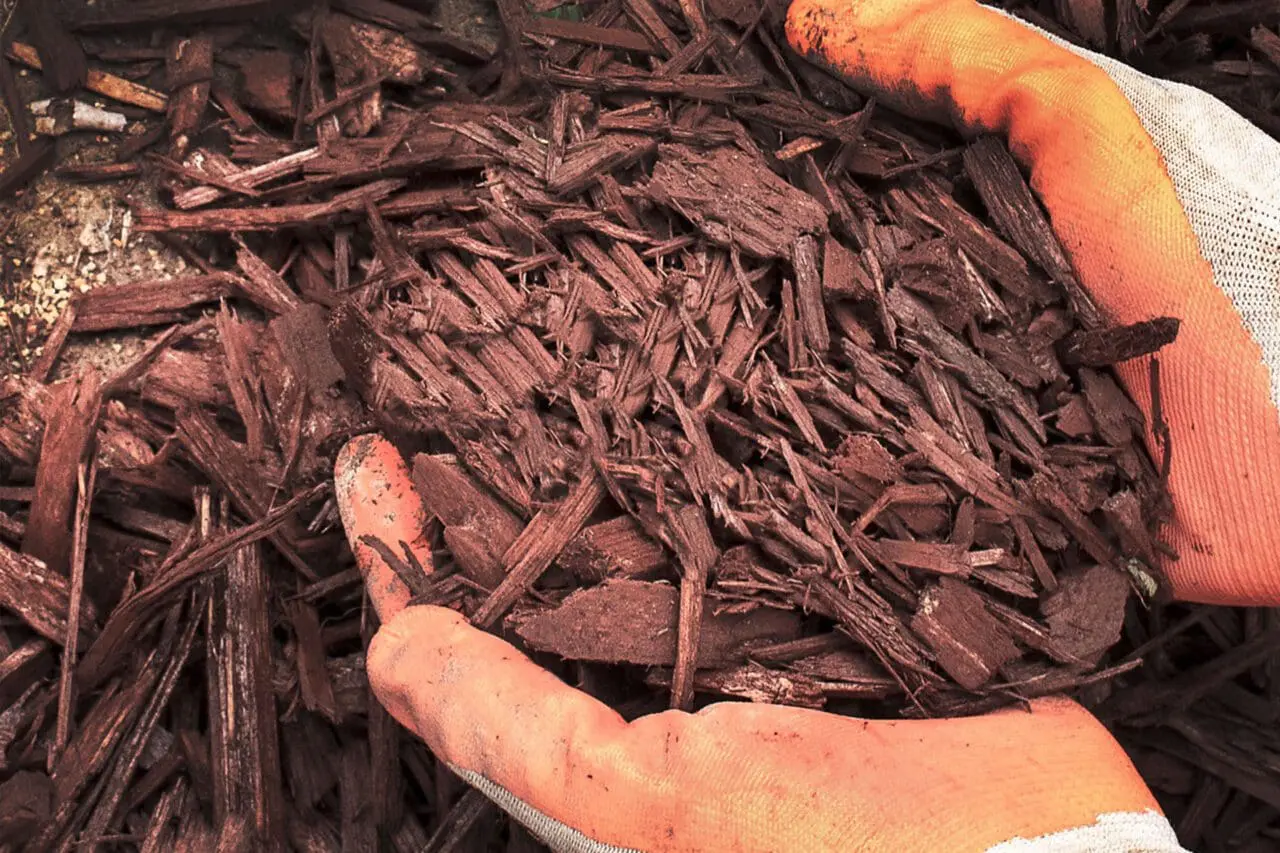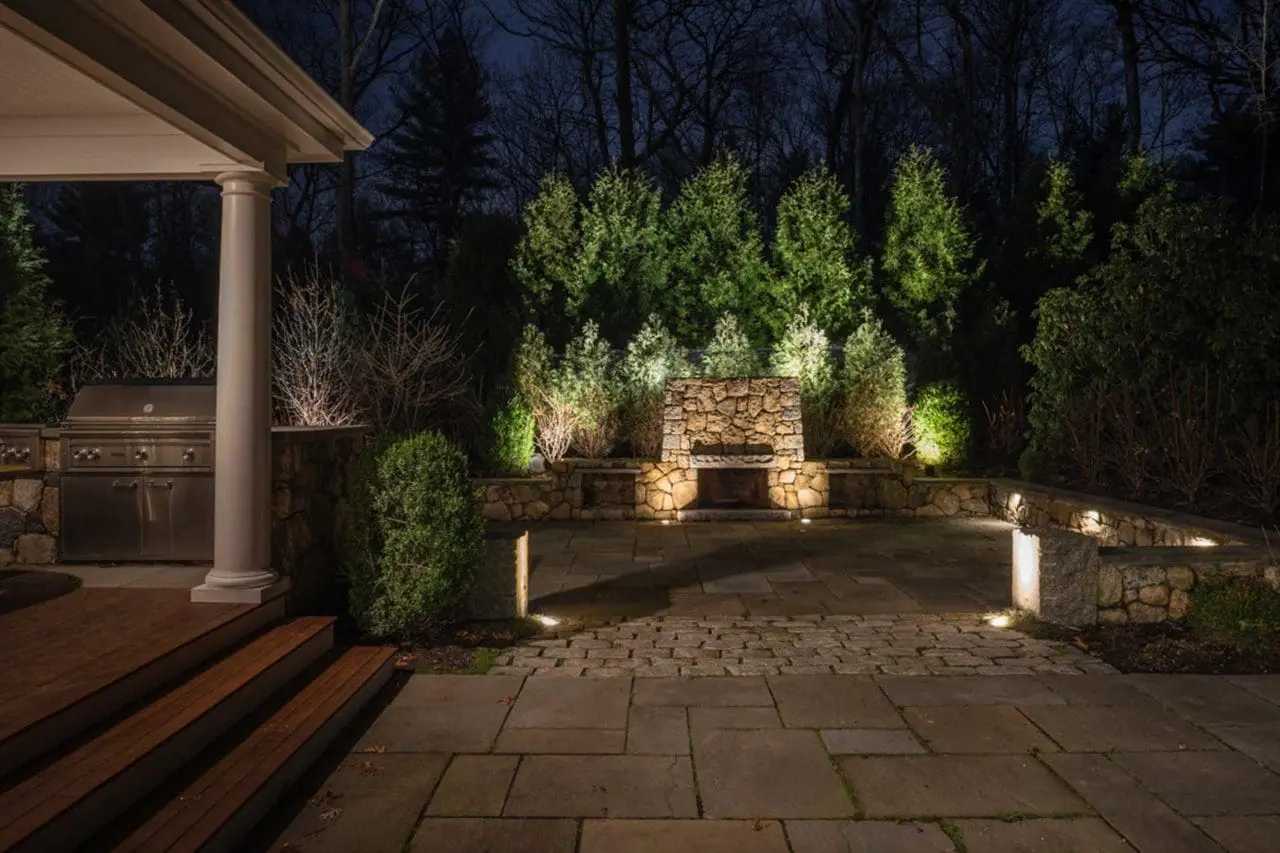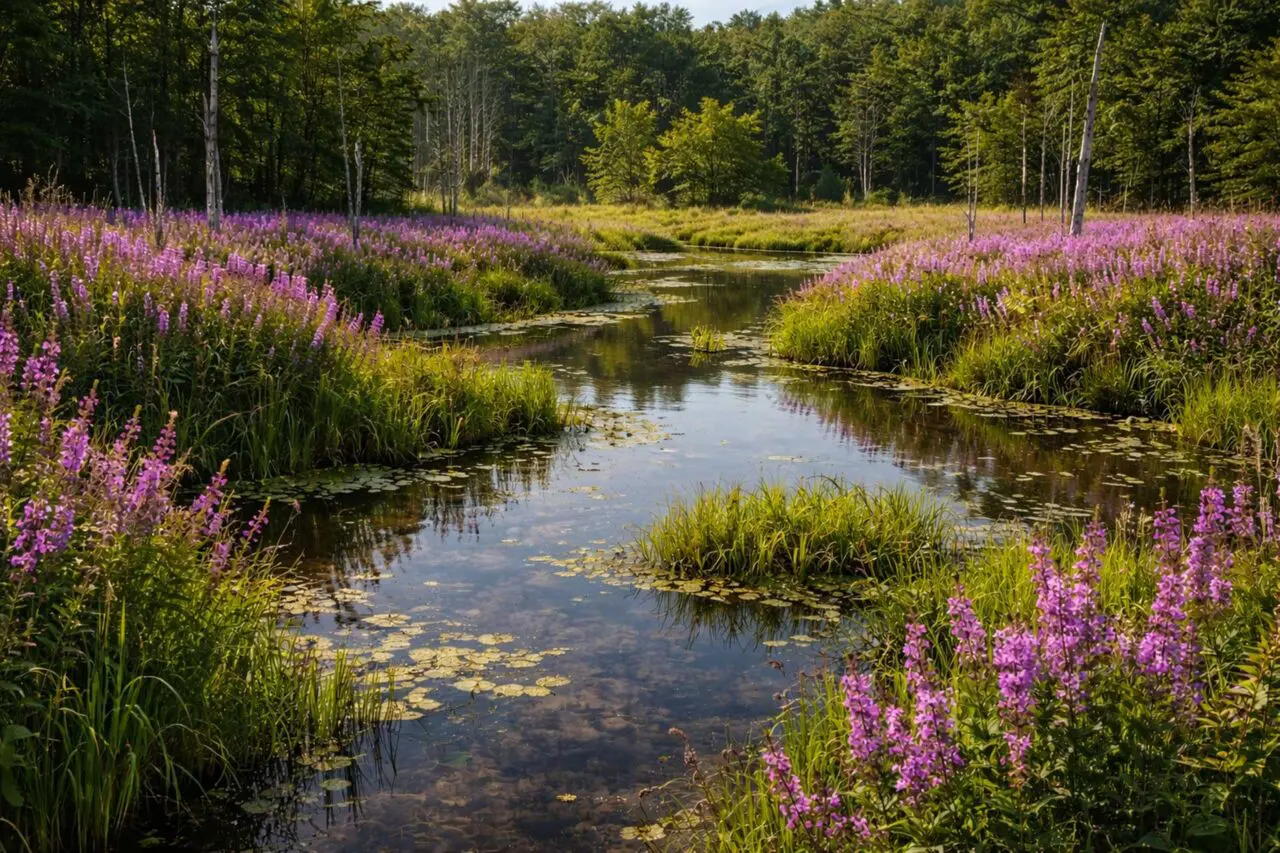For homeowners in the Greater Boston area, investing in landscaping isn’t just about curb appeal – it’s a strategic value-add. Whether you’re planning to sell or simply elevate your outdoor living space, understanding how a well-designed landscape impacts property value and home health can justify the expense and guide your decisions. In this post we’ll dive into the statistics, highlight benefits such as increased sale price, faster market time and pest prevention, and show how to apply them in your home’s context.
Key Takeaways
- Investing in landscaping is more than decorating—it’s capital‐improvement.
- Quality truly matters: mature trees, sophisticated design, maintenance.
- Landscaping supports pest mitigation and reduced upkeep risk.
- Align your project with the style and expectations of upscale buyers in the Boston market for best results.
Why Landscaping Should Be Viewed as an Investment, Not Just an Expense
Sales Price Premium: The Top Benefit of Premium Landscaping
- One extensive study found that moving from “no landscaping” to a well-landscaped yard (including mature shrubs, trees, colored hardscape) added between 5.5 % and 11.4 % in perceived home value.
- According to American Society of Landscape Architects (ASLA), a well-executed landscaping package may increase a home’s value by 15 % to 20 % at resale.
- In premium markets (which align with luxury Boston area homes), data shows value uplifts of up to 12 % or more for well-maintained landscapes.
So, if you own a $1.5 million property and you invest thoughtfully in landscape architecture, you might see an uplift of $150,000–$300,000 in value at time of sale (assuming quality design, execution, and maintenance).
Faster Sale & Enhanced Marketability
Beyond price, research shows well-landscaped homes tend to sell faster. For example, mature landscaping able to present “move-in ready” exterior spaces draws stronger buyer interest.
And in a recent listing-features study, drought-resistant landscaping appeared 146 % more often in listings and homes with such features sold about nine days faster.
Curb Appeal = Confidence for Buyers
Homebuyers are influenced by what they see first. A strong outdoor presentation signals care and quality. One survey cited 57 % of homeowners believe a beautiful yard can boost resale value by at least $20,000, and 16 % believe by more than $50,000.
“Curb appeal creates a strong first impression. Focus on landscaping, exterior paint, and a clean, welcoming entry.”
— Spencer W. Webb, A-Tech Appraisal
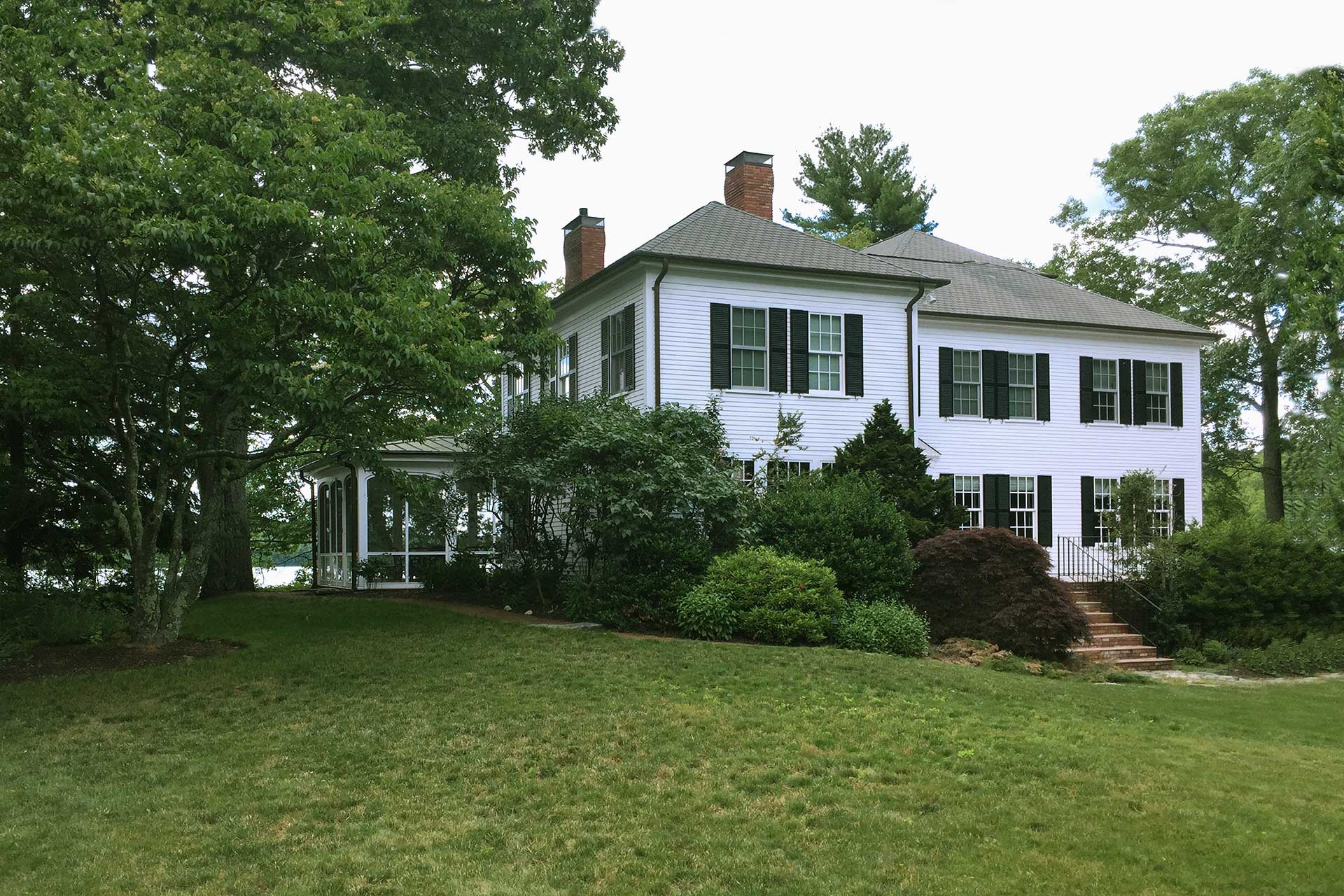
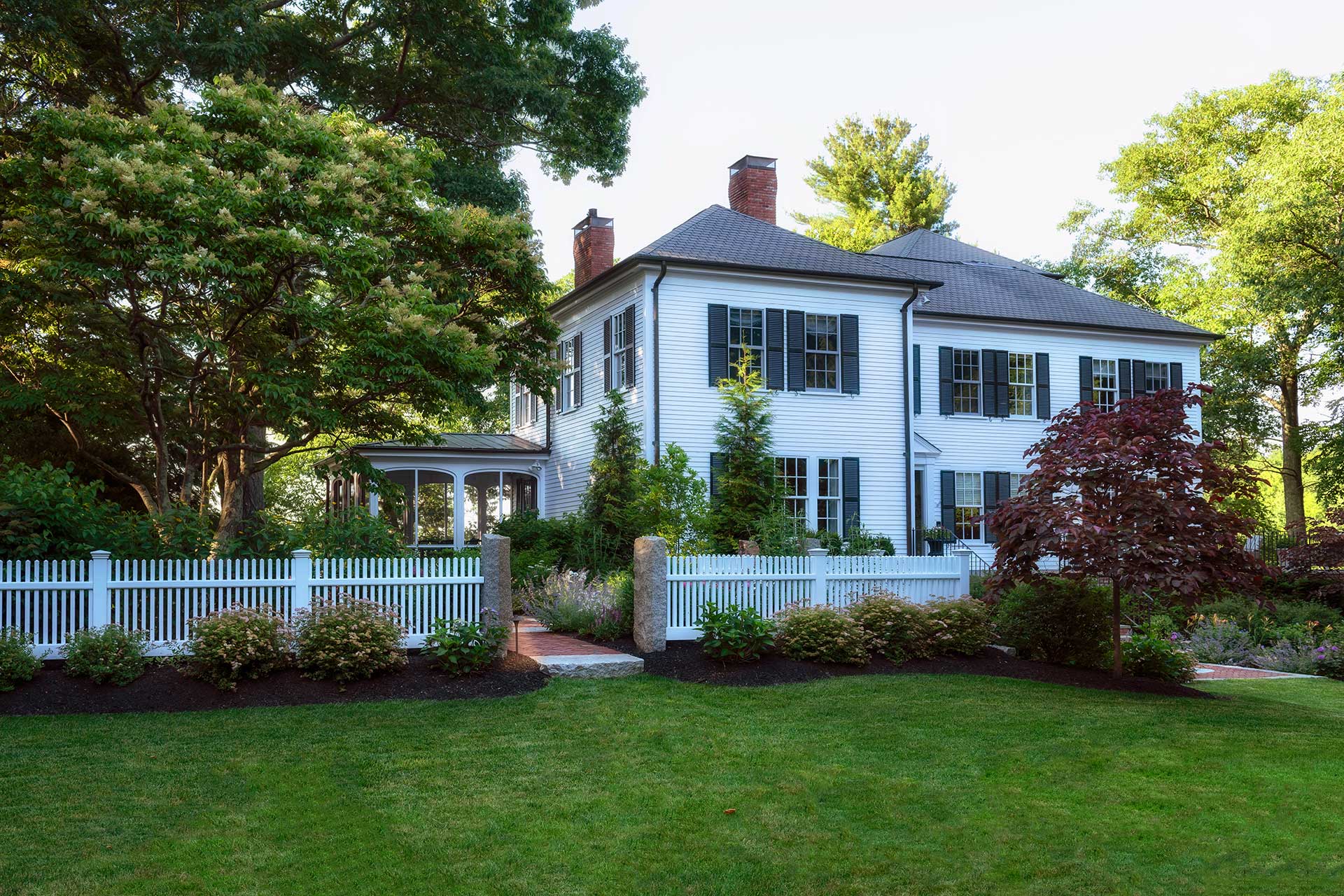
Additional Value Drivers: Why Landscaping Matters Beyond Just Sale Price
Design & Plant-Maturity Matter
Not all landscaping is equal. The value uplift depends heavily on:
- Design sophistication (bed layout, hardscape integration)
- Plant size and maturity (trees and large shrubs outperform small plantings)
- Maintenance and presentation (a poorly maintained yard can detract value)
ROI of Specific Landscape Projects
Some landscape investments continue to show excellent return on investment (ROI):
- Routine lawn care: Up to 217% ROI in one study for basic lawn maintenance.
- Landscape upgrades (e.g., stone walkway + matured plantings) in one homeowner-survey saw a 100% return on investment./li>
When you compare to many interior-remodel projects, landscaping often delivers strong value at lower risk.
Landscaping & Pest Mitigation — The Overlooked Benefit
Beyond aesthetics and market appeal, a thoughtful landscape also contributes to the overall health of a home by helping deter pests. Research published in Landscape Features Supporting Natural Pest Control indicates that structured landscapes with semi-natural areas can reduce pest immigration and the need for chemical spraying, highlighting the environmental and practical value of intentional design. Additional guidance from pest-control professionals notes that well-planned plantings and moisture-management strategies create a stronger defensive barrier around the home, limiting the conditions that attract insects and rodents. While precise percentages for pest reduction through residential landscaping are not widely documented, the qualitative advantages—lower maintenance demands, fewer unwanted incursions, and reduced homeowner liability—remain highly compelling, particularly for discerning homeowners preparing a property for market.
Applying the Data to a Greater Boston Luxury Home Context
For a mid-to-high-end homeowner in the Greater Boston area, here are key takeaways and strategic actions:
1. Set the Budget with Return in Mind
- Given the 10 %–20 % potential value increase, allocating 5 %–10 % of your home’s value to landscaping can be justified. (E.g., $1.5 M home → budget $75k–$150k)
- Phase large investments: front yard first (high visibility), then back patio/hardscape, then advanced features (lighting, irrigation).
2. Prioritize High-Impact Features
Focus where you get the most bang:
- Mature trees or specimen plantings (size & stage matter).
- Curved, well-designed planting beds, mixed textures, and hardscape transitions.
- Quality lighting and irrigation help both value and ongoing presentation.
- Strategic moisture-management landscaping (reduces pest and structural risk, especially in humid New England summers).
3. Use Maintenance & Quality to Safeguard Value
- A 20% value uplift assumes above-average maintenance and presentation. A neglected yard can subtract value.
- Regular pruning, seasonal mulch, clean walkways, well-lit exteriors: these matter.
- For pest prevention: avoid shrubbery up against foundation, maintain proper drainage, choose plants that don’t crowd the house.
4. Tailor to Local Micro-Climate & Market
- In New England: consider mature deciduous trees for summer cooling and winter light; native plantings for low-maintenance appeal; hardscape materials that stand up to freeze/thaw.
- Buyer mindset in Boston area luxury homes: outdoor entertaining, low-maintenance weekends, wine in the patio, lighting for night ambiance. Landscaping that echoes lifestyle sells.
- Ensure design fits the neighborhood. Overly exotic or out-of-context landscaping can deter traditional luxury-home buyers.
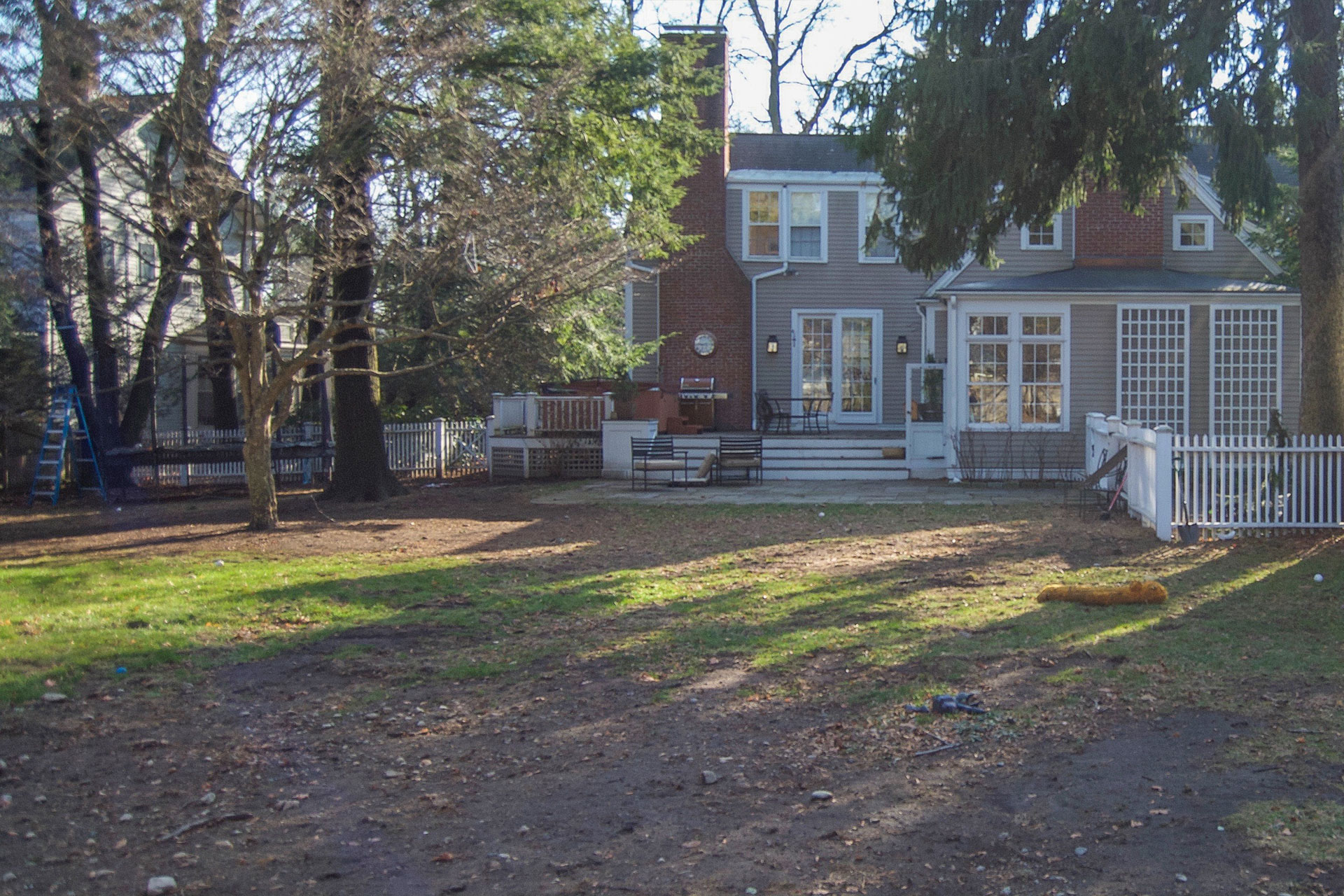
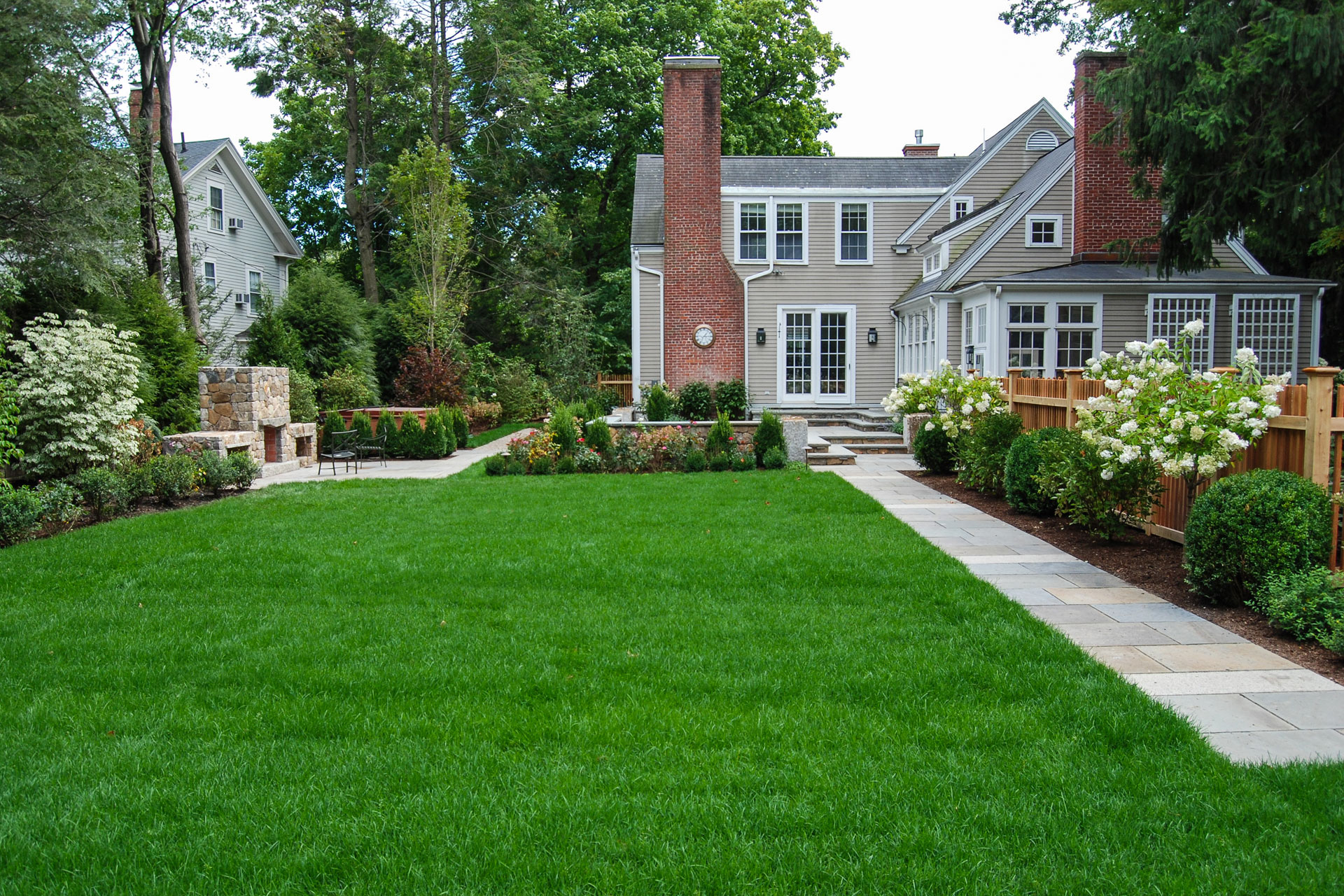
Expert Insight
Landscape architect and designer Kevin Lenhart notes:
“Well-maintained and thoughtfully executed landscapes can increase property value by up to 20 %. The caveat: only if they are perceived as intentional and high-quality—neighbors don’t reward a messy or mismatched yard.”
The emphasis: it’s not just doing landscaping—it’s doing it well and aligning with investor/buyer expectations.
Summary
- 10 %–20 % is a realistic value uplift for well-designed and maintained landscaping.
- Landscaping delivers not just sale-price benefits, but also faster market time, stronger buyer confidence and fewer maintenance/pest issues.
- The key: professional design, mature plantings, hardscape integration and ongoing maintenance.
- For homeowners in the Greater Boston region, aligning landscaping with luxury-market expectations (entertaining spaces, lighting, low-maintenance native plants) positions you for maximum return.
If you’re considering a landscaping project and want to understand how to tailor the design, budget and phasing to optimize value, reach out to the team a Blade of Grass. We specialize in luxury-grade landscaping in Greater Boston and can provide a site-specific value assessment and design roadmap. Contact us today for a premium consultation.
